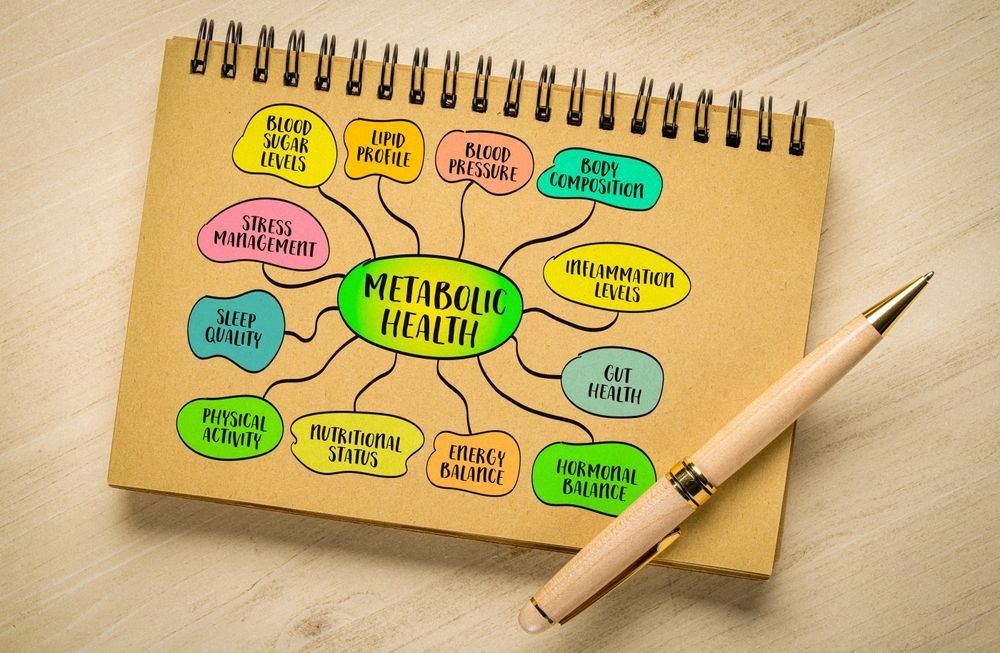How IV Therapy Helps Support Heart Health

In recent years, intravenous (IV) therapy has gained popularity as a holistic approach to enhancing health and wellness. Among its many benefits, a significant focus has been on its positive impact on heart health. Understanding how IV therapy works and its relevance to cardiovascular health can provide valuable insights into its potential benefits for individuals seeking to maintain or improve their heart wellness.
Understanding the Basics of IV Therapy
What is IV Therapy?
IV therapy is a medical procedure that delivers fluids, medications, and nutrients directly into the bloodstream via a vein. This method is particularly effective because it ensures immediate absorption, allowing for rapid delivery of essential components that can support various bodily functions.
This therapy can include hydration fluids, vitamins, minerals, and medications depending on the patient's specific health needs. It is often administered in a clinical setting but can also be implemented in wellness clinics aimed at promoting overall health. The flexibility of IV therapy allows healthcare providers to tailor treatments to individual requirements, making it a popular choice for a wide range of patients, from those with acute medical conditions to those seeking preventive care.
The Role of IV Therapy in Modern Medicine
In modern medicine, IV therapy plays a crucial role in treating various conditions, from dehydration to nutrient deficiencies. Hospitals frequently use this technique for patients recovering from surgery, while wellness clinics offer customized IV drips designed to boost energy, enhance immune function, and improve overall health.
As a versatile treatment, IV therapy proves beneficial for patients with chronic diseases, athletes seeking recovery, or anyone looking to optimize their health. Its integration into contemporary healthcare reflects a broader acceptance of alternative and complementary medicine modalities. Moreover, the rise of mobile IV therapy services has made it even more accessible, allowing patients to receive treatments in the comfort of their own homes or at events, such as marathons or festivals, where hydration and recovery are paramount.
Additionally, the growing popularity of IV therapy has led to an increase in research focused on its efficacy and safety. Studies are being conducted to explore its potential benefits in various scenarios, including post-chemotherapy recovery, hangover relief, and even skin rejuvenation. As more evidence emerges, the medical community continues to refine protocols and expand the applications of IV therapy, ensuring that it remains a valuable tool in both traditional and integrative healthcare practices.
The Connection Between IV Therapy and Heart Health
The Importance of Heart Health
Heart health is a critical aspect of overall well-being, as the heart is responsible for pumping blood throughout the body, delivering oxygen and nutrients to vital organs. Poor heart health can lead to numerous health issues, including heart disease, hypertension, and stroke.
Maintaining a healthy heart is essential for longevity and quality of life. Effective strategies for supporting heart health encompass lifestyle choices, dietary practices, and in some cases, medical interventions like IV therapy.
How IV Therapy Contributes to Cardiovascular Wellness
IV therapy can support cardiovascular wellness by delivering essential nutrients directly into the bloodstream, bypassing the digestive system for immediate absorption. This rapid delivery can enhance the bioavailability of vitamins and minerals that are crucial for maintaining heart health.
For instance, vitamins B and C, magnesium, and potassium are essential for promoting healthy heart function. Through IV therapy, individuals can ensure they receive adequate amounts of these critical nutrients, especially if they have absorption issues or dietary restrictions.
The Science Behind IV Therapy and Heart Health
The Nutrients Involved in IV Therapy
The mixture of nutrients administered during IV therapy can vary significantly depending on the specific needs of the individual. However, some nutrients commonly involved in heart health include:
- Magnesium: Essential for maintaining a healthy heart rhythm.
- Potassium: Helps regulate blood pressure.
- B vitamins: Support energy metabolism and can help reduce homocysteine levels, a risk factor for heart disease.
- Vitamin C: An antioxidant that may reduce inflammation in the cardiovascular system.
These components work synergistically to promote heart health and overall well-being.
The Impact of IV Therapy on Heart Function
The influence of IV therapy on heart function can be significant, especially for individuals with existing cardiovascular issues. By ensuring adequate nutrient levels, IV therapy can improve the efficiency of the heart and bolster its strength.
Moreover, delivering nutrients directly into the bloodstream means they can act faster compared to oral supplements. This expediency is particularly beneficial in acute treatment scenarios, where quick intervention is crucial for restoring heart health.
The Benefits of IV Therapy for Heart Health
Preventive Measures for Heart Diseases
Preventing heart disease is often more effective than treating it. IV therapy can play a role in this preventative approach by supplying the body with key nutrients that help combat heart disease risk factors, such as high cholesterol and hypertension.
Regular sessions can help maintain optimal nutrient levels, promoting stronger cardiovascular health and reducing the risk of dseases.
Recovery and Rehabilitation Through IV Therapy
For individuals recovering from heart-related conditions or surgeries, IV therapy can be a powerful tool in rehabilitation. The direct infusion of nutrients can aid in recovery by supporting cellular repair and enhancing overall energy levels.
Additionally, incorporating IV therapy into a rehabilitation program can provide the body with the necessary tools to heal faster and restore function more effectively, leading to a quicker return to everyday activities.
Risks and Considerations of IV Therapy for Heart Health
Potential Side Effects of IV Therapy
While IV therapy can offer numerous benefits, it isn't without potential risks. Side effects may include minor complications such as bruising at the injection site, infection, or allergic reactions to the substances infused.
It's crucial for individuals to consult with a healthcare professional before undergoing IV therapy, especially those with underlying health conditions or those who are pregnant.
Who Should Consider IV Therapy for Heart Health?
IV therapy can be beneficial for various individuals, particularly those at risk for heart disease, recovering from cardiac events, or those with nutrient absorption challenges. However, a comprehensive evaluation by a healthcare provider is essential to determine if this therapy is appropriate.
Individual considerations, such as overall health status and specific cardiovascular risks, will help guide the decision-making process regarding the incorporation of IV therapy into a heart health regimen.
In summary, IV therapy can be a valuable supportive treatment for promoting heart health through nutrient delivery, preventive care, and rehabilitation. With careful consideration and professional guidance, it may serve as an effective tool for individuals aiming to enhance their cardiovascular well-being.










